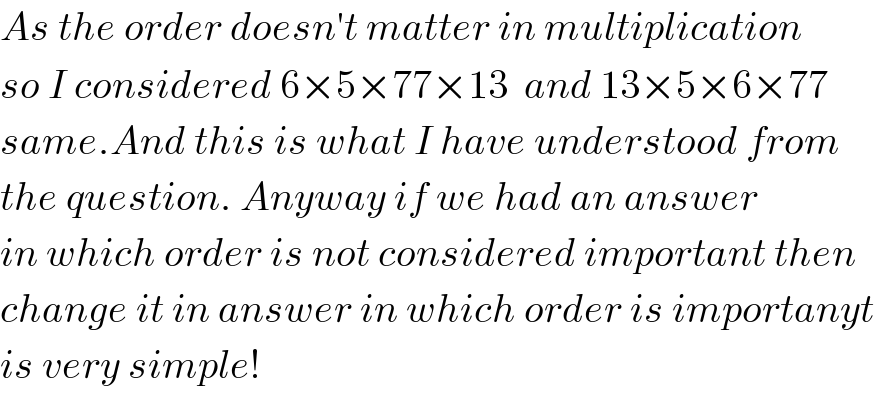
Question and Answers Forum
Question Number 5796 by FilupSmith last updated on 28/May/16
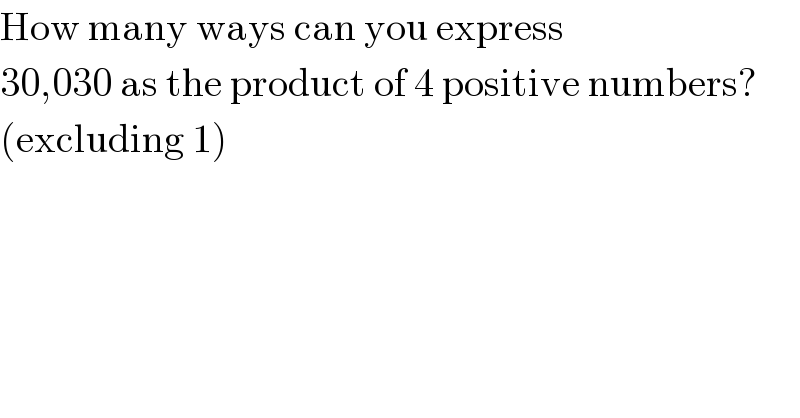
Commented by Rasheed Soomro last updated on 28/May/16

Commented by FilupSmith last updated on 28/May/16
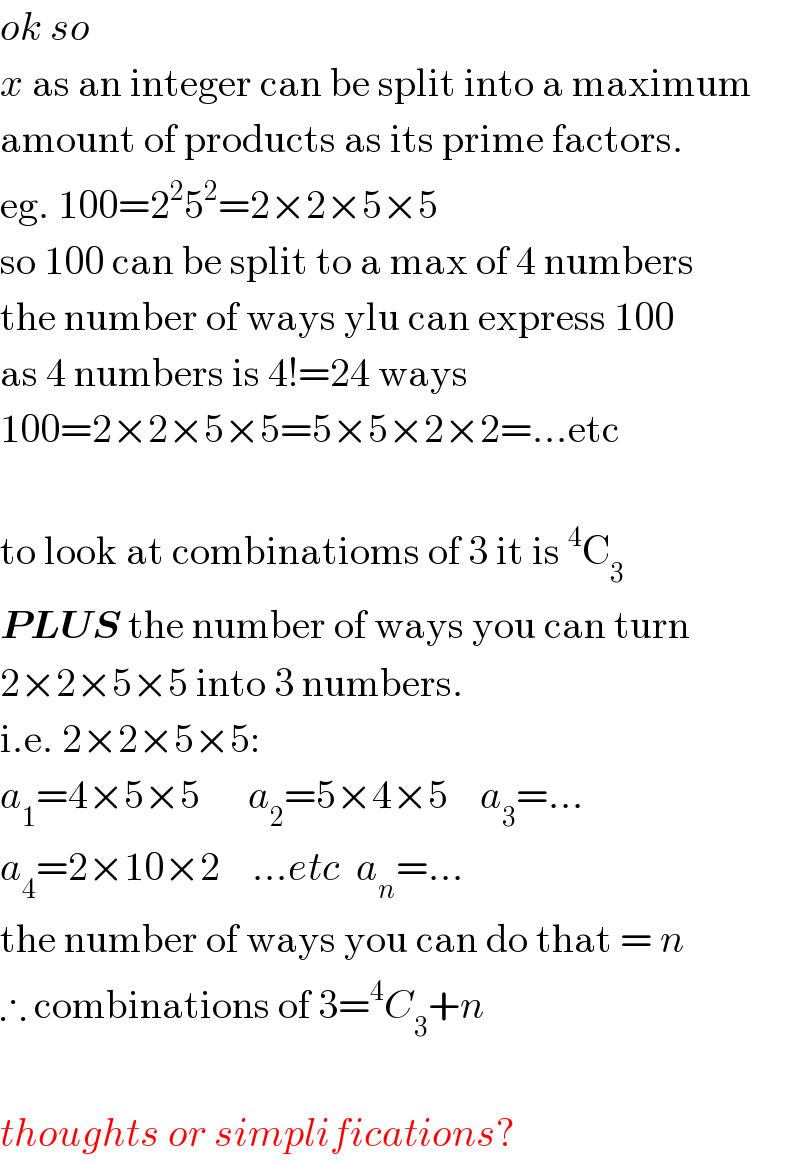
Commented by FilupSmith last updated on 28/May/16

Commented by Rasheed Soomro last updated on 29/May/16
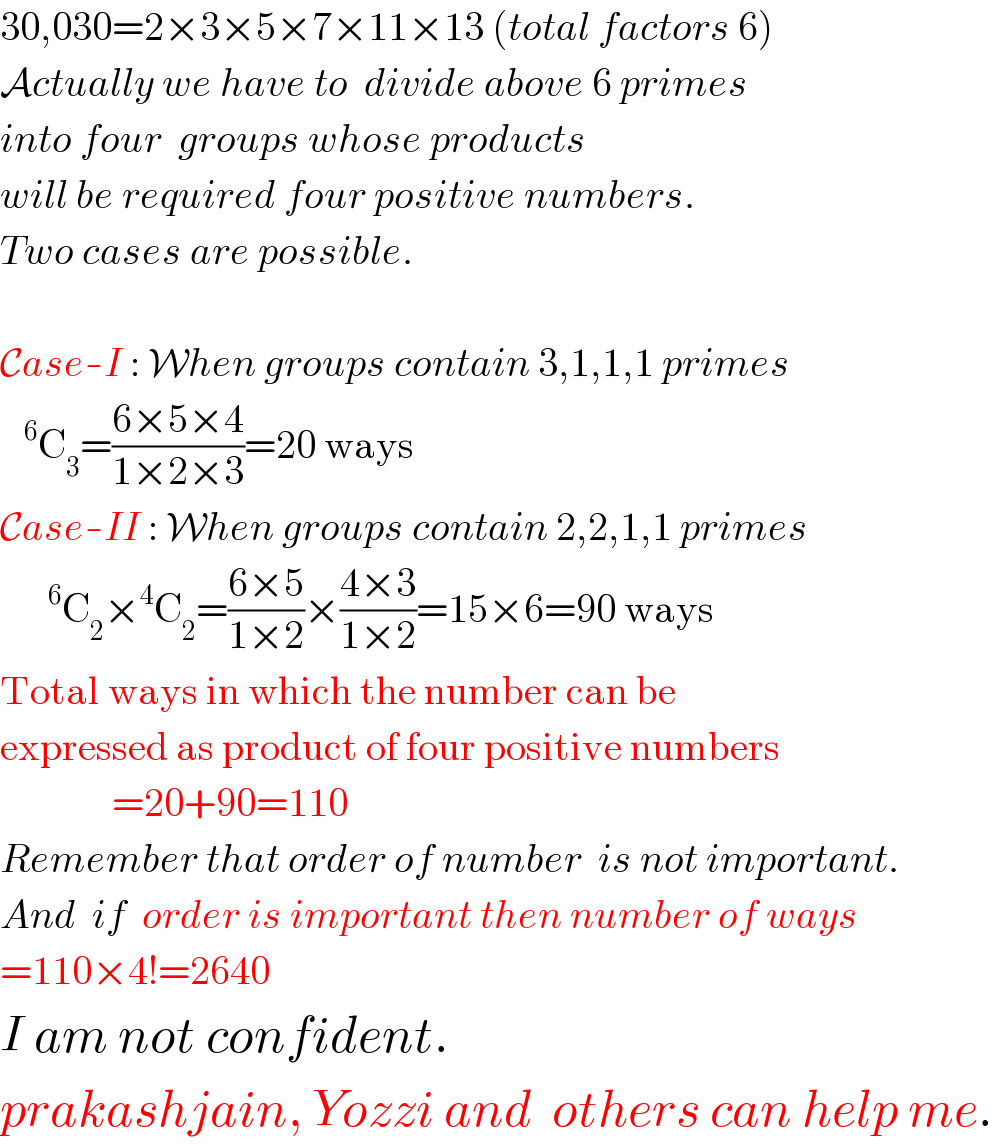
Commented by FilupSmith last updated on 28/May/16
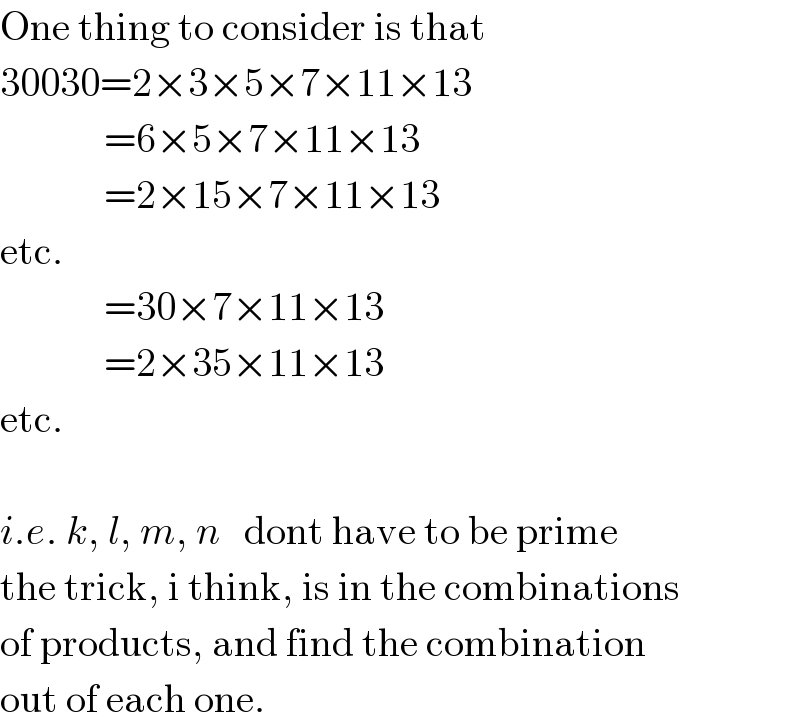
Commented by Rasheed Soomro last updated on 29/May/16
